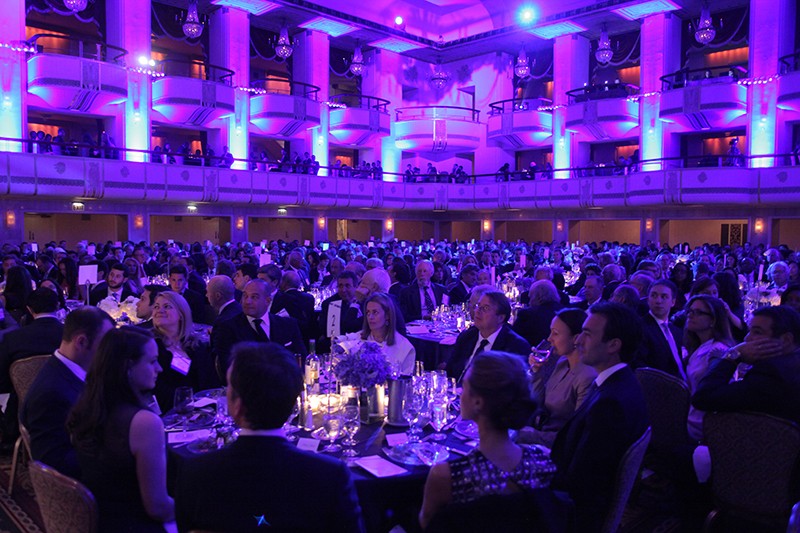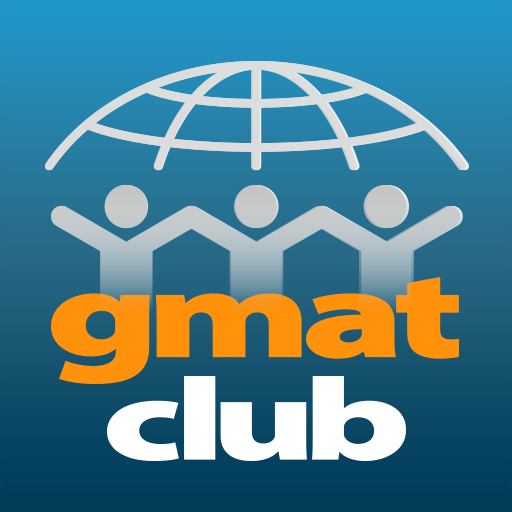
05/15/2024 0 Comments
Columbia EMBA Admissions Tips
The EMBA program kind of operates like a PT program at CBS. There really isn’t any stated work experience minimum, which is UNIQUE. One of my clients got in at the age of 25 (he did have people management experience – however had just finished his online BA a month before applying!)
So, if you have the support of your employer, progression at work and a solid test score (or at least some evidence of quant skill) don’t let age or years of work experience keep you from applying.
APPLICATION TIPS
~Extracurricular activities~ – if this is a strength of yours, lucky you, they have 3 boxes for college and 3 boxes for post-college AND an unlimited text box to talk about your hobbies. This is unlimited for a reason – it’s more fun to be around people who are interested in a variety of different things. Rather than list your hobbies, also discuss how they have shaped you and why they are meaningful to you. If you have stuff to talk about here, this can be a game changer for overrepresented applicants.
~Short Answer Question~
~What is your immediate post-MBA professional goal? (50 characters maximum)~
Have a tight focus with regards to industry, role and geography. When you have those specifics down, you have enough information to take concrete actions that lead to a good outcome post-MBA. This is important as CBS is the only EMBA I know of that allows on-campus recruitment (OCR) aside from Duke. They do look at your ROI equation and want you to feel it was worth it when you’re slogging through those loans or reflecting on the time spent.
~Essay 1~
Through your resume and recommendations, we have a clear sense of your professional path to date. What are your career goals over the next three to five years and what is your long-term dream job? (500 words)
The goals need to make sense given the program format. They do offer OCR – the only one I can think of among EMBA programs – but last I checked, not summer internships so if you state IB, where you need an internship, this would be a bit of a red flag. Like other EMBA programs, the goal of progression within your same company or industry is ideal. Hopefully, what you learn at CBS you can “apply on Monday” and progress faster. Having an altruistic-oriented long-term goal is a bonus if it makes sense with the rest of your narrative.
~What they are looking for:~ does this person have the right background for their near-term goals? How logical does this person seem? Does this person have realistic expectations of the program? Can we help this person? If this person spoke about their goals to a recruiting company, would they reflect well on CBS or not? How good is the fit between their goals and what separates CBS – if we picked this person would they likely enroll (yield protect.) Clubs, OCR, block classes, NYC-based Executives in Residence, and a need for a NYC-based program are all good differentiators.
~Essay 2~
Please describe a professional situation where you faced a particular challenge. What was the outcome and what did you learn from the experience about your own strengths and personal development needs? (500 words maximum)
Replace the word “strengths” for “skills” and if it’s a work example, this question is very similar to the “behavioral” question for the Kellogg EMBA application and could likely be repurposed with some modification.
I would recommend that you first list all the problems that you have solved at work within the past 3 years. If you are coming up blank, think about how your activities have generated value at work. Then rank each in terms of the result achieved or importance of the problem solved.
You absolutely must coordinate with your recommender on which stories they will tell so you don’t repeat one of those here.
Now we get to the skills part. You might want to Google “list of managerial skills” to draw inspiration and further brainstorm. Conflict resolution, strategic thinking, adaptability etc.
Regarding execution, STAR or CAR for sure. STAR is situation/task/action/result, but I reframe this as problem/goal/action/result.
~Situation/Problem~: you want to pick something that is not massively technical; it can be conveyed in few enough words to leave room for parts that help them get to know you. Do not cover a whole project – the essay will sound like a white paper. Rather, pick a specific obstacle within that project or a certain aspect of it.
~Task~: the goal – which is basically the opposite of the problem. This is not a work project type task. Sometimes the task can be something like becoming a more active listener.
~Action~: this shows them how your mind works. Given the task (goal) what path did you pursue? You want to SHOW DON’T TELL and each strength needs some storytelling. It’s OK to focus on just 1 or 2 things. Deep not wide wins every time.
~Result~: it’s nice when you can quantify the result – by a lot – but anecdotal results are passable in a pinch. Don’t chuck out a story that shows passion and purpose because there is no dashboard of metrics attached. One example might be illustrating how you turned around a gossipy work environment and through this, everyone had better morale and therefore X good thing became possible or happened.
The pressure test here is that they come away with a sense of how you lead, what your role might be in your study group, what makes you “you” in the workplace, the kind of problems you are known for solving. Help them get to know you above all things. Speak plainly, directly and succinctly.
~Optional Essay~
Is there something else you feel would be helpful for the Admissions Committee to know? An optional third essay will allow you to discuss any topics that do not fall within the purview of the required essays. These might include, but are not limited to:
• Adverse circumstances in your background
• An exciting side venture in which you are working
• Areas of concern in your academic record
• Or just a fun fact!
This does not need to be a formal essay. You may submit bullet points. (500 words maximum)
Quite innovative - CBS has merged the getting-to-know-you book or movie essay with the optional essay. So, if you need to expand upon why your academic record is less than stellar, you can do that, but if not, it’s space to park almost anything else you haven’t included in the online application.
Expanding upon a leadership experience or passion project is great. Keep in mind they are looking for people who are what I call a social value-add – others enjoy the program more because of you. This is the only “personal” essay so I really urge you to use the opportunity.
Note: don’t avoid this essay because you think you are whining and making excuses for yourself. It’s a great opportunity to help adcom get to know you as a person, and the challenges that have shaped who you are. The more they understand you on a personal level the more they grow attached to you, campaign for you and the better your odds.
~Recommendation~
Take this seriously. For the strengths question you want to have a claim – pointing to your USP – and then tell a detailed but accessible story to back up said claim. Recommendations are always important, but especially for EMBA because they want to know how others experience you (consider: you are the product they are selling to others). Also, it’s a way for CBS to gauge the kind of classroom contributions you would make. This is important for the EMBA where ideally students learn as much or more from each other as they do the professor.
Select your recommender based on the stories they can share – they are ideally an eyewitness to you solving problems, leading and being a strong team player. Prioritize this over title or status. Brainstorm with your recommender; coach and guide them. Choose a story together for each question. Have transparency over this part of the application. If they make statements that conflict with other parts of the application, you will be seen as too risky and likely be dinged.
~Common pitfalls~: recommender overly reliant on ChatGPT, pulls from review file without modifying, doesn’t answer the question squarely, doesn’t answer both the questions, doesn’t do any storytelling. Cramming and jamming a bunch of superficial stuff in there but nothing gets developed, the reader has no traction and so it has no impact. Uses industry jargon and acronyms, which prevents the reader from understanding anything. Use of conceptual superlatives and adjectives but nothing the reader can “see” or absorb.
Good luck to all!
#cbsembaapplication #cbsgsbessaytips #embaleadershipessay #cbsstrengthsessay #cbsemba
Having worked for many large MBA prep firms earlier in my career, I am proud to be a boutique provider who only handles 4-5 clients per round. I get to know my clients inside and out, which allows admissions to as well.
Partner with me to significantly increase your chances of being admitted to your top choice MBA program. Complete my contact form to receive CV and profile feedback.


Comments
Leave a comment